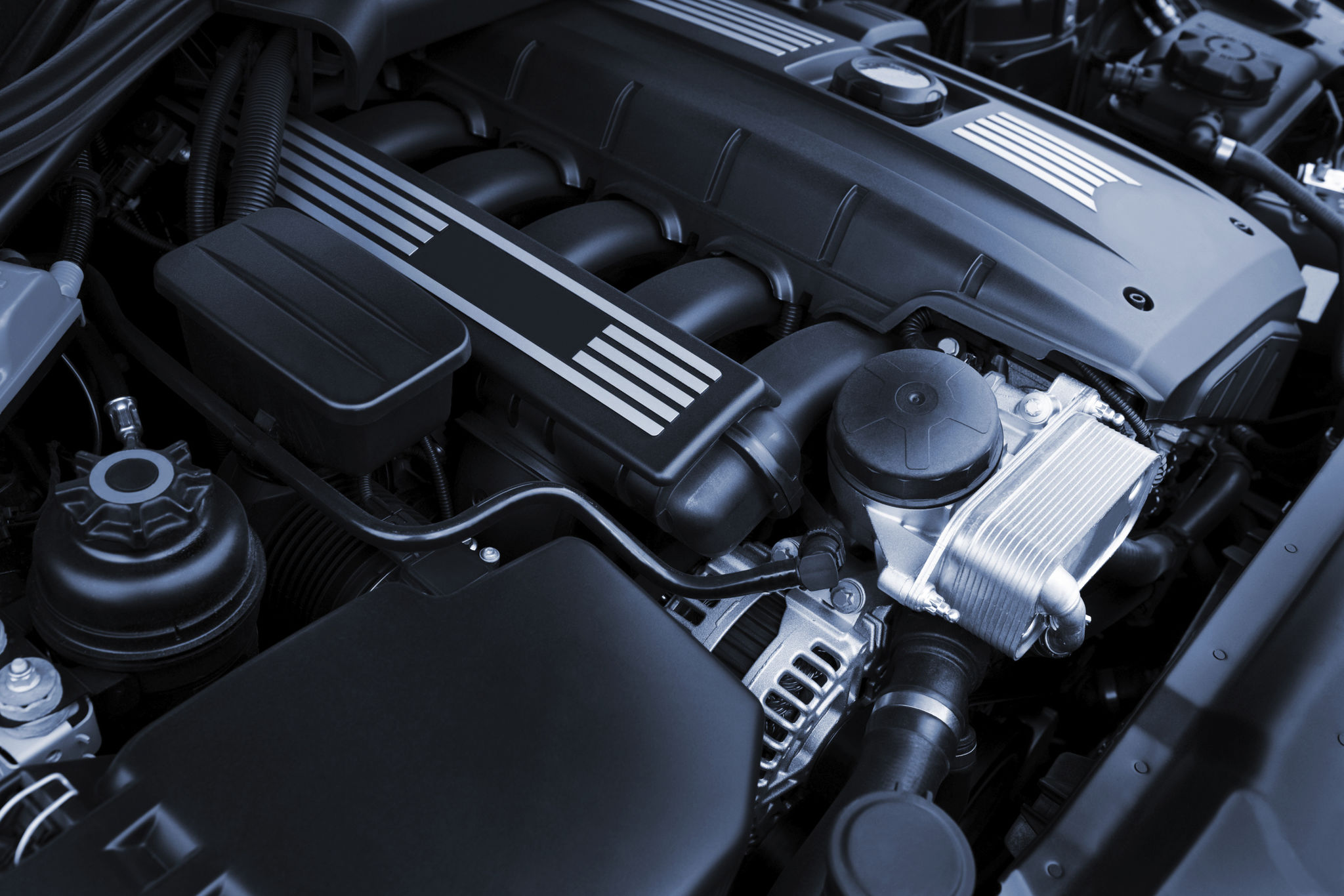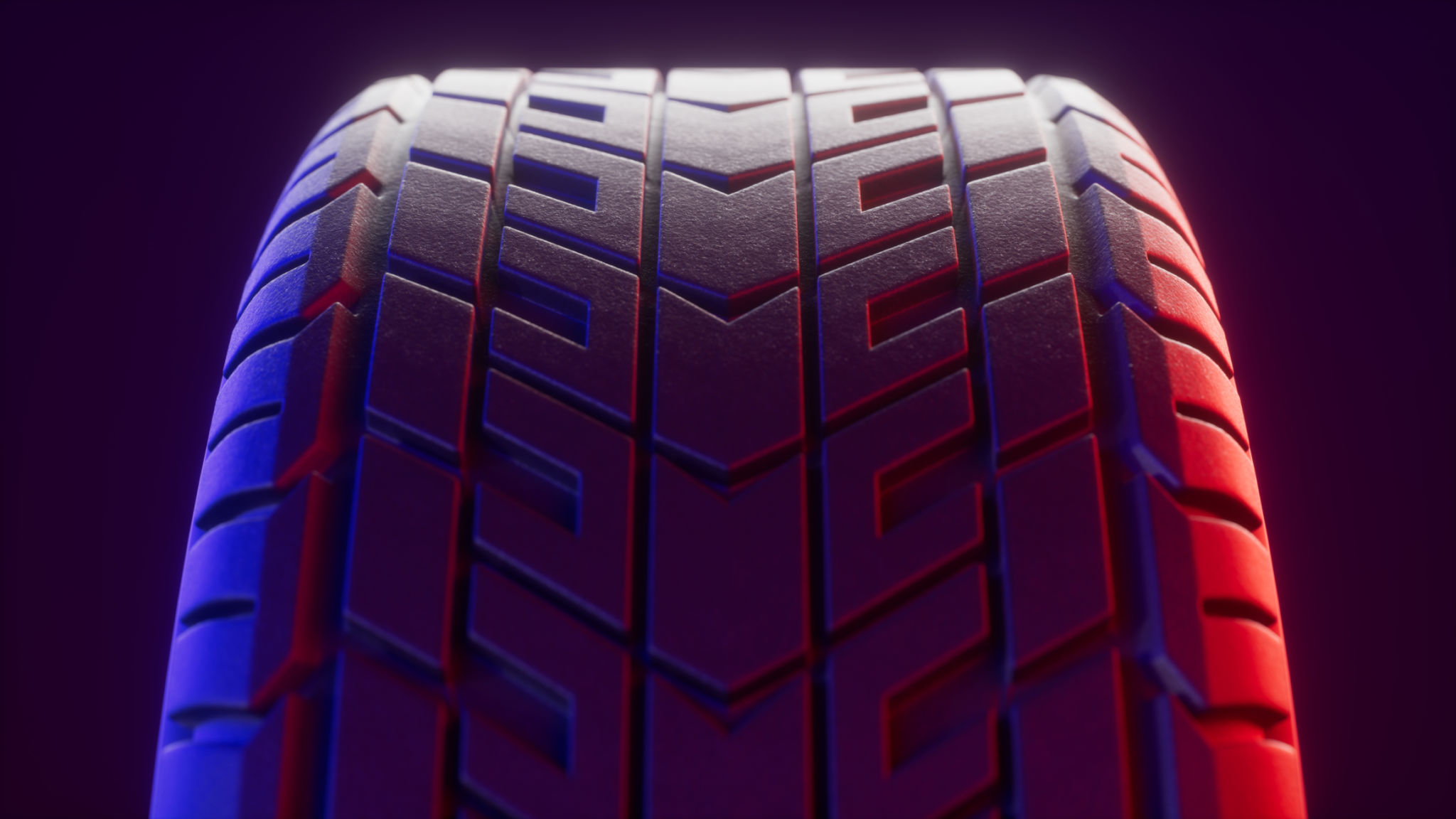Performance Mapping vs. Traditional Tuning: What’s Right for Your Car?
Understanding Performance Mapping
When it comes to optimizing your car's engine performance, you are often faced with a choice: performance mapping or traditional tuning. Understanding these concepts is crucial for making the right decision for your vehicle. Performance mapping involves the use of advanced software to adjust the engine control unit (ECU) settings, ensuring optimal performance based on various driving conditions. This method tailors to individual needs, making it a popular choice among car enthusiasts.

How Performance Mapping Works
The process of performance mapping involves using a laptop or a specialized computer program to modify the ECU's parameters. These parameters include fuel injection timing, ignition timing, and boost pressure, among others. By fine-tuning these variables, you can achieve smoother acceleration, better fuel efficiency, and increased horsepower.
The Basics of Traditional Tuning
On the other hand, traditional tuning is a more mechanical approach. It typically involves physical adjustments and replacements of engine components like carburetors, air filters, and exhaust systems. This method has been used for decades and is often seen as a hands-on way to improve vehicle performance.

Advantages of Traditional Tuning
Traditional tuning is favored by those who enjoy working directly with their vehicles. It provides a tangible and often more affordable way to enhance performance. Additionally, it does not rely on complex software, making it accessible to those with mechanical skills but limited technological expertise.
Comparing Performance Mapping and Traditional Tuning
When deciding between performance mapping and traditional tuning, it's important to consider the advantages and disadvantages of each method. Performance mapping offers precision and adaptability; however, it can be more costly due to the need for specialized equipment and expertise.

Which Method is Right for You?
Your choice will depend on several factors including your budget, technical knowledge, and personal preferences. If you are looking for precision and are comfortable with technology, performance mapping may be the better option. Conversely, if you prefer a more hands-on approach and have a keen interest in mechanics, traditional tuning could be more satisfying.
- Performance Mapping: Ideal for those seeking precision and adaptability.
- Traditional Tuning: Suited to individuals who enjoy mechanical work.
Conclusion: Making an Informed Decision
Ultimately, both performance mapping and traditional tuning have their places in the world of automotive enhancement. By understanding the differences and potential benefits of each method, you can make an informed decision that aligns with your goals and preferences. Whether you choose the precision of performance mapping or the hands-on satisfaction of traditional tuning, enhancing your car's performance can be a rewarding endeavor.
